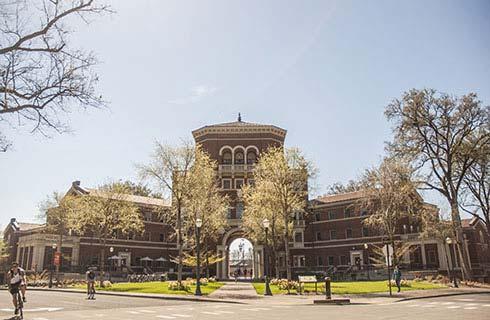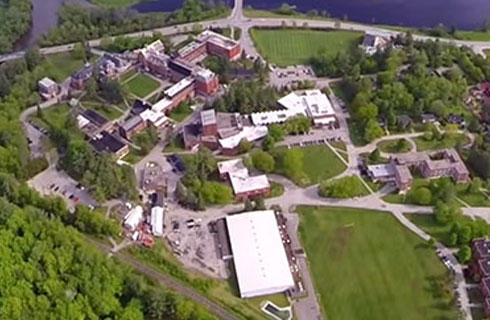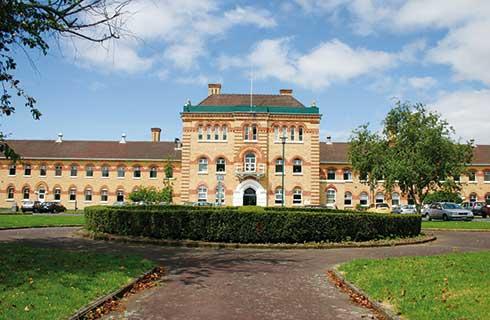国际学生入学条件
Minimum requirements:
Master's degree or equivalent
3.5 GPA in graduate-level course work recommended
3 recommendation letters: two letters should come from faculty in a university program in which you were previously enrolled
Official Transcripts from all institutions attended
If applying for a license, a copy of your teaching license is required
Resume/CV: Applicants must have and show evidence of relevant professional and/or academic experience.
Written Statement: In 2-4 pages (double-spaced, Times New Roman 12 point font or larger). This should be a brief biographical description of your educational experiences and preparedness for doctoral studies and your research goals or a problem of practical or theoretical importance that could lead to a research study. Be sure to address how your career goals would fit into the concentration area.
Recommended: Master's thesis and/or published materials — Examples of published materials include articles, book chapters, newsletters and technical reports.
Admissions Interview: An interview may be required as part of the admissions process. If so, applicants will be contacted with more details.
TOEFL iBT :- 79 with Reading - 8, Listening - 7, Speaking - 18, Writing - 16
IELTS:- 6.5 with Reading, Listening, Speaking, Writing - 5.5
展开
IDP—雅思考试联合主办方

雅思考试总分
6.5
- 雅思总分:6.5
- 托福网考总分:79
- 托福笔试总分:160
- 其他语言考试:PTE Academic Score - 58 with Reading, Listening, Speaking, Writing - 42
CRICOS代码:
申请截止日期: 请与IDP联系 以获取详细信息。
课程简介
The PhD in Education and Human Development brings together award-winning faculty and doctoral students who ground their approach and research in transdisciplinary and critical frameworks and advocate for educational equity and transformative, liberatory education. Students of this program see education research and teaching through a transdisciplinary and critical lens. The program itself is framed around race, gender, class, disability, sexuality, language, and culture. Curriculum centers on social justice and promotes ideas of educational equity, transformative education, and educational activism in nontraditional ways.<br> Students in this concentration will explore how society and schooling, including its structures, policies, and practices are dialectical sites of oppression and liberation. Students delve into the idea of educators as intellectual activists, facilitating liberation. The concentration promotes an activist approach. This includes the opportunity to engage in a monthly faculty and student meeting. Through this meeting, students and faculty collaborate on research, publications, conference presentations, and theory building. The faculty in this concentration area approach education in critical ways. This ensures the future of a more transformational, liberating, and humanizing educational system and society.<br>The PhD in Education and Human Development links an intensive research-based course of study with a content area specialization to prepare candidates to assume faculty positions in institutions of higher education or research-based organizations. Successful applicants are paired with a faculty mentor who supports the student to engage in research, development, service, and other professional activities.<br> This concentration area includes faculty who approach their research and teaching in education with a transdisciplinary and critical lens, especially with respects to race, gender, class, disability, sexuality, language, and culture. Faculty members ground their approach in social justice in education and promote the ideas of educational equity, transformative education, and educational activism in nontraditional ways. Particularly, how schooling, society, and policies are dialectical sites of oppression and liberation, and how the role of educator is that of intellectual activist to facilitate that liberation. Because an activist approach is necessary, this concentration area convenes a monthly research meeting where students and faculty collaboratively work on research, publications, conference presentations, and theory building. The faculty of Critical Studies in Education approach education in critical ways to ensure the futurity of a more transformational, liberatory, and humanizing educational system and society.
展开







 预科
预科 奖学金
奖学金 实习机会
实习机会 在校学习
在校学习 跨境学习
跨境学习 校园授课-线上开始
校园授课-线上开始 在线/远程学习
在线/远程学习

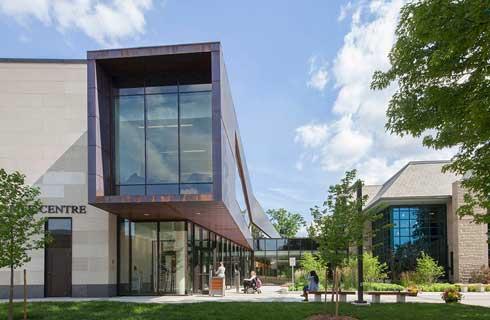
 圣力嘉学院
圣力嘉学院
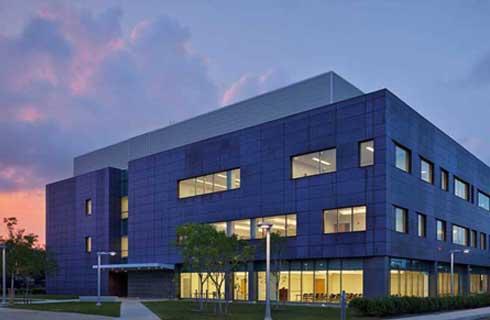
 尼亚加拉学院
尼亚加拉学院
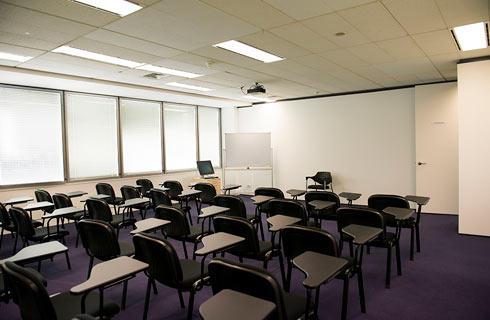
 凯布莱恩学院
凯布莱恩学院
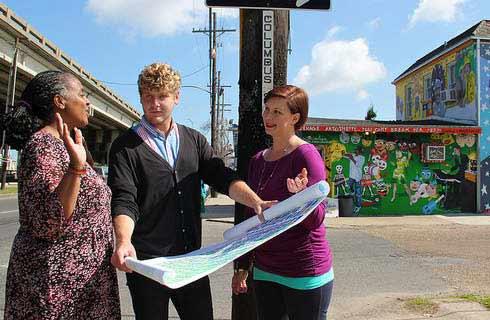
 德恒学院
德恒学院

 菲莎河谷大学
菲莎河谷大学

 北不列颠哥伦比亚大学
北不列颠哥伦比亚大学









 美国
美国


